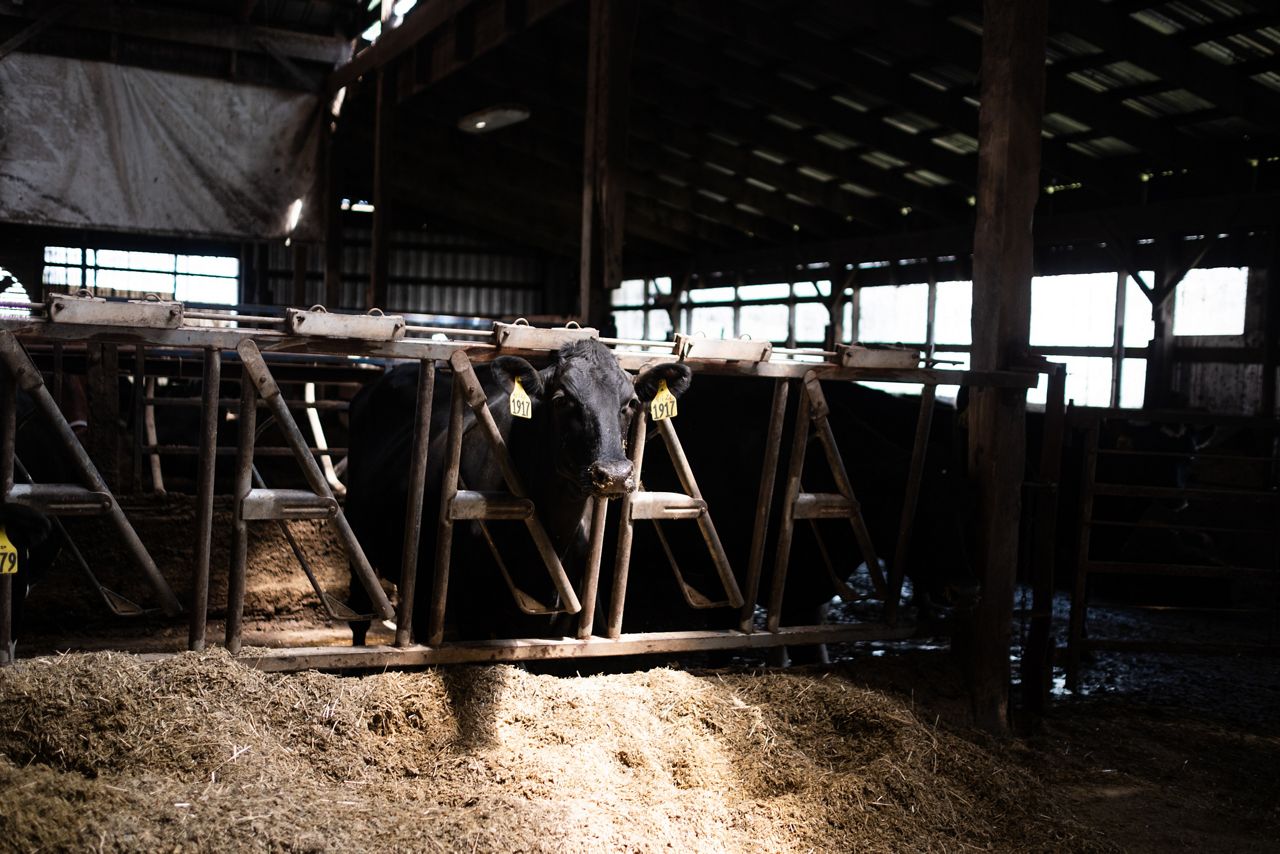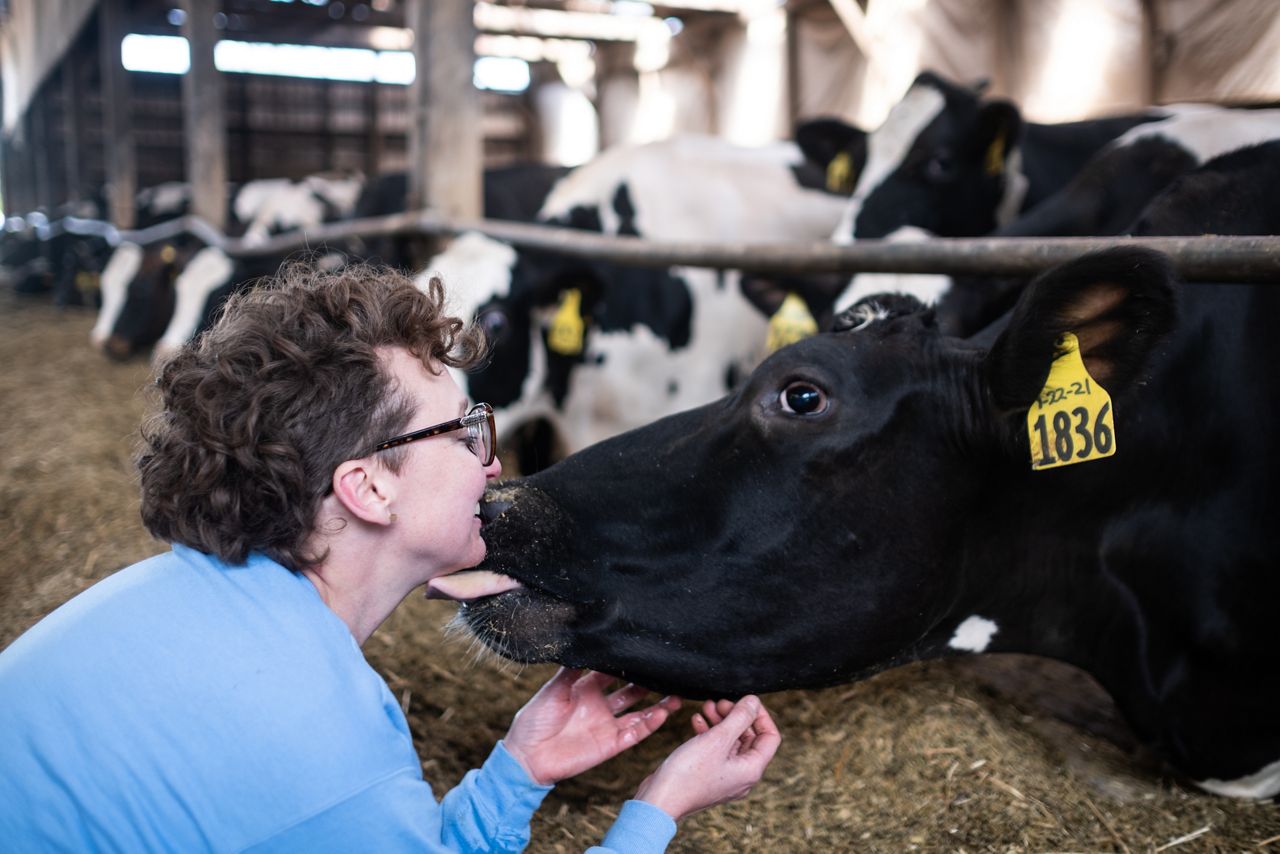When Coca-Cola's Fairlife milk production facility opens in 2025 in Monroe County, one cooperative that includes New York farms will provide "a good portion" of the milk needed -- a boon for the industry.
Natasha Sutherland, a third-generation dairy farmer and herd manager at Stein Farms in Leroy, is one local farm that could be a supplier.

With milk being New York’s No. 1 agricultural product, there is no shortage of it, Sutherland said.
“The problem is we have better farmers and bigger farms than what New York state can actually hold, so we’ve got to get milk moved out,” she said. “When Fairlife comes online, it's going to act like a giant sponge and help keep that milk in New York, which is great.”
Gov. Kathy Hochul announced the $650 million plant last month. The plant will be located on Tebor Road in Webster.

Fairlife is known for their ultra-filtering process, which removes lactose and a lot of the sugar in the milk, leaving more protein and calcium. Their products typically last longer than traditional milk.
Dairy Farmers of America, a national cooperative of dairy farmers, has told Sutherland that its members in the area can contribute between 20% and 35% of what Fairlife needs. But, a spokesperson for the cooperative said the final figures haven't been finalized.
"DFA's members will contribute a portion of the milk that Fairlife needs," said Gina Lazara, a spokesperson for the organization.
Milk consumption has been on a downward trend since the 1970s, but Sutherland said Fairlife’s focus on fitness beverages will benefit the company and local farmers.

“Fairlife doesn’t look at it with that old school marketing, they’re not going for that gallon jug lifestyle,” Sutherland said. “They’re doing protein shakes; they’re going for the recovery after a marathon people.”
Paul Harvey, director of regulatory affairs for the Northeast Dairy Producers Association, said he looks forward to the facility opening, which Fairlife says will create 250 new jobs.

“It's going to bring jobs and economic development so we are excited about that, but we still have concerns about the farm labor overtime provisions that will be kicking in at the beginning of the year,” Harvey said.
Beginning Jan. 1, 2024, farmworkers will receive overtime after 56 hours rather than 60 hours.



?wid=320&hei=180&$wide-bg$)